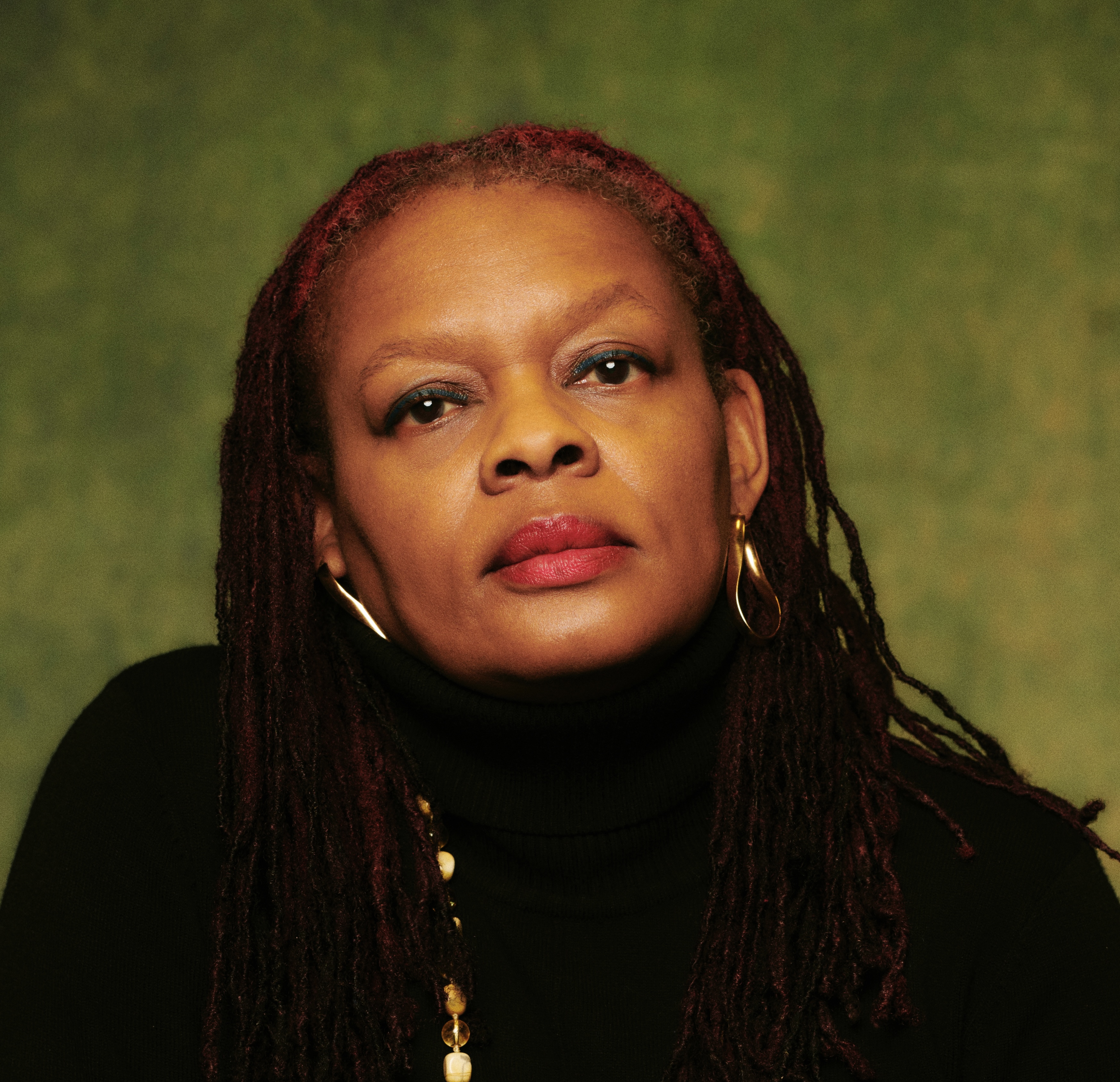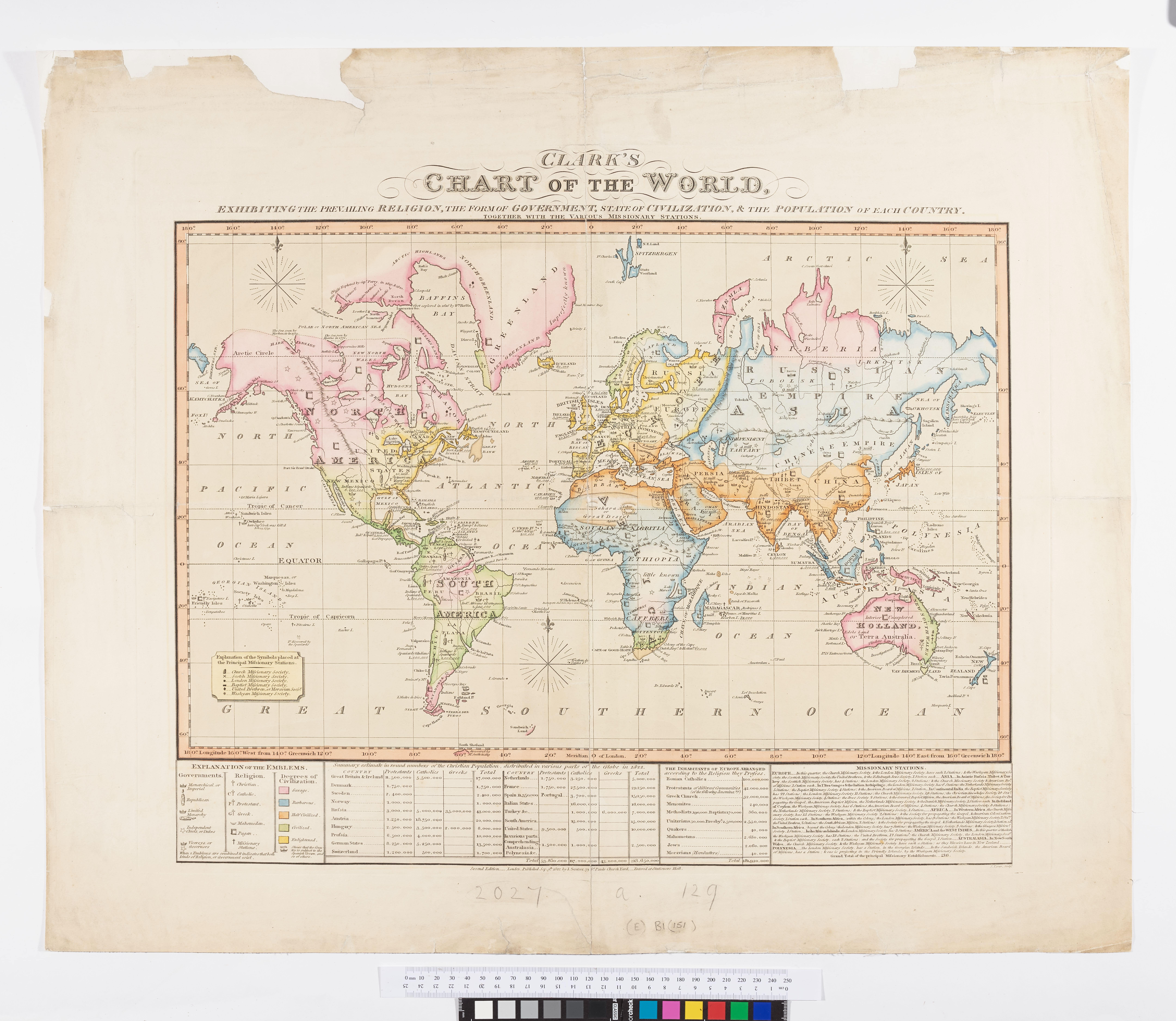What a censored Bodleian bible tells us about British slavery
The British national narrative of slavery and empire is as selective as it is crude. A new exhibition, These Things Matter, explores the items that embedded these atrocities into our everyday lives.
Which monarch was reigning when Britain first became involved in the transatlantic slave trade?
How did European colonisation of the Americas contribute to worldwide climate change?
These are questions most people don’t know the answers to - indeed, questions few people in Britain ask themselves. British colonialism, by which much of the world measures its timescape - we were overrun in this year, we were enslaved from that year on, we overthrew our invaders on this historic day - doesn’t really figure in our national calendar. The holes in our knowledge aren’t so much holes as silent abysses that span decades, centuries. That silence fuels our ignorance. And the ignorance fuels the perpetuation of harm against minoritised groups.
The quiz questions above form part of the introduction to a new exhibition of colonial material from the Bodleian Library at Oxford University. The purpose of the questions is not to make visitors feel bad for getting the answers wrong, but to help us all understand just how little we know.
‘Like many of us, my school education did not equip me to understand the role that we played in the rest of the world,’ says Samenua Sesher, founder of the Museum of Colour, and co-curator of These Things Matter: Empire, Exploitation and Everyday Racism.
‘One of the things we're all dealing with right now is a changing world. Our position in the world is changing. Irrespective of where you sit on the totem pole of life, there is change. One of the significant things for us here in Britain, is that we've left the European Union with the mission to engage with the world on our own. Now, in order for us to negotiate the world in this new way, we need to properly understand and confront our own history.’
It is this confrontation - the ability to look, unflinchingly, at the facts of our past - where many struggle. There is a deep reluctance to engage with narratives that acknowledge Britain’s culpability in the atrocities of the slave trade - rather than its much-glorified abolition - or with the horrors inflicted by our nation on other nation, and the ways in which their legacies continue to reverberate in our lives today.
To a degree, this is changing because of how we experience the wider role in the era of instant communication. ‘Digitisation has shrunk the world,’ Samenua tells The Lead. ‘We now understand different parts of the world much clearer and with more detail and accuracy than we did in the 60s and 70s. It's all at the touch of a button. It's all in our feeds. There is a responsibility to not turn away from these realities.

‘We had an empire that the sun never set on, and it is important that we understand the way the rest of the world sees us. All of us, irrespective of race, or heritage. This is why this type of work feels important.’
The co-curated exhibition centres on material that was used to normalise oppression based on ‘assumed racial superiority’. The materials include the Clark’s Chart map that lists countries by ‘degree of civilization’, with populations colour coded from ‘savage’ through to ‘enlightened’, and a letter from a white apprentice on the Codrington family estates in Antigua who expresses his wish to ‘buy the mother’ who birthed four of his children. The item that inspired the project is a censored version of the King James Bible, commonly known as the ‘Slavery Bible’, produced to teach a pro-slavery form of Christianity to enslaved people with the aim of discouraging rebellion.
Samenua stumbled upon the heavily altered text while doing some research at the Bodleian. She had never heard of such a text, and neither had her peers, all of whom were relatively well-read in matters of African history. The obscurity of this Bible piqued Samenua’s interest, and led to the formation of a co-curated project that brought to light other texts and items that followed a similar theme.
‘We invited independent curators and academics and they created a long list of items that spoke to this idea of emotional manipulation,’ she says. ‘What really threw me about the Slavery Bible was that people consciously chose to edit the most famous book in the world and then used it to teach slaves how to read. It blew my mind, not because of the awfulness of it, but because of the very conscious emotional manipulation being employed. That this was not some accidental thing.’
When slavery was legal, most slave owners would have called themselves Christians. The unredacted Bible was widely used to justify slavery, specifically a verse that tells servants to obey their masters - But there were also many parts of the religious text used by abolitionists to condemn the trade. You won’t find those verses in the Slavery Bible. In fact, most of the Old Testament is missing.
The Slavery Bible was actually titled, ‘Parts of the Holy Bible, selected for the use of the Negro Slaves, in the British West-India Islands’. It still isn’t clear who exactly was behind the changes, who decided which parts would be omitted, but the typical 66 books of a Protestant Bible was reduced to just 14. The edited Bible does not include Moses leading the Israelites to freedom, or the part where Moses tells the Pharoah to ‘let my people go.’ Also removed was Exodus 21:16: ‘And he that stealeth a man, and selleth him, or if he be found in his hand, he shall surely be put to death.’
The first Slave Bible was published in 1807, three years after the end of the successful Haitian Revolution. It is thought that the altered text was produced thanks to a new paranoia about the possibility of more uprisings from enslaved people.
‘We never talk about this stuff,’ says Samenua. ‘We never talk about the things that were done to maintain Empire, and maintain the exploitation of African people throughout slavery. We don't talk about that. We talk about how it ended, and how bad it was. But we don’t talk about how we kept it going - for centuries.’
These things matter
Following a process of public workshops, seven artists were commissioned to reflect on and responded to artifacts from the Bodleian’s collections which show how everyday objects maintained the British Empire and transatlantic slave trade. The exhibition - which has a physical home in the Bodleian Library and a digital home on the Museum of Colour website - asks visitors to consider the ways in which thinking and behaviour has been framed by our predecessors and exploitative external forces.
To find the artists for this work, Samenua put out an open call for submissions - meaning anyone could apply. This is not exactly standard practice in the exclusive world of cultural curation which, too often, sees opportunities going to the same narrow demographic of artists and creators.
‘I've worked in the arts my whole life. At all different levels, community levels, national funding bodies, local authority. It’s a very cliquey world. It is full of wonderful people, but it can be very cliquey,’ explains Samenua. ‘So, if you have an opportunity to commission a paid piece of work in an interesting way, I want to make the widest possible offer. It was really important to me that we do that.’
Alongside the bible, the exhibition also displays how maps and letters were deliberately edited to manipulate millions and to justify the value of trading African people. Samenua says this work is challenging, and the aim is to allow space for people to reckon with the messy, contradictory realities of our past and present, as well as the implications of privilege.

‘We want to understand the world as soundbites, but it doesn't work like that,’ says Samenua. ‘It is complicated for us to understand that you can be both a perpetrator of bad things and a victim of something else.
‘I speak to you as a woman of African Caribbean descent. I'm also bisexual, neurodivergent and I have physical disabilities. All of those things make navigating the world challenging for me. But I also have geopolitical privilege through being born in North London. I have a, so far, unquestioned British passport. That affords me a privilege irrespective of whether I'm unemployed or wealthy. It is possible to have challenges in the world and also be the recipient of, dare I say, unearned privilege. And that is a very difficult message to get across in a soundbite.
‘There is a need within the current noisy, shouty, soundbite space that we live in, for something a little more thoughtful, a little less in-your-face. That is what we wanted to create.’
These Things Matter: Empire, Exploitation and Everyday Racism is free to visit at The Bodleian Libraries in Oxford until 19th February.
The Lead is now on Substack.
Become a Member, and get our most groundbreaking content first. Become a Founder, and join the newsroom’s internal conversation - meet the writers, the editors and more.

